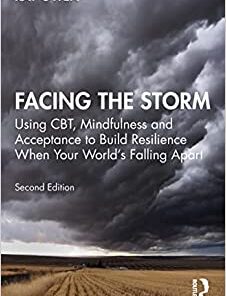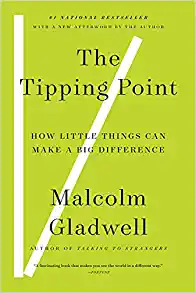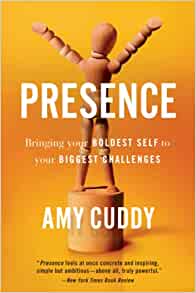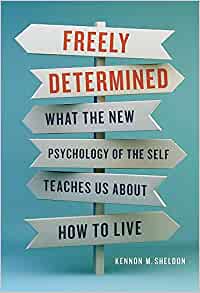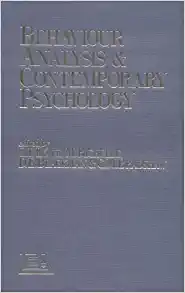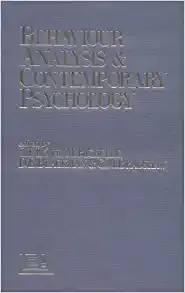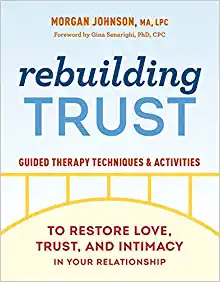Shame 4.0(ORIGINAL PDF)
$14
Shame 4.0(ORIGINAL PDF)
This edited volume provides new perspectives on how shame is experienced and transformed within digital worlds and Industry 4.0. The editors and authors discuss how individuals and organisations can constructively transform shame at work, in professional and private contexts, and with regard to socio-cultural lifestyle changes, founded in digitalisation and Industry 4.0. The contributions in this volume enable researchers and practitioners alike to unlock the topic of shame and its specifics in the highly dynamic and rapidly changing times to explore this emotion in depth in connection with remote workplaces, home office, automated realities and smart systems, or digitalised life- and working styles. By employing transdisciplinary and transcultural perspectives, the volume further discusses shame in the context of new lifestyles, religion, gender, sexual suppression, mental illness, and the nature of citizenship. Researchers, practitioners and students in the fields of industrial and organisational psychology, positive psychology, organisational studies, future studies, health and occupational science and therapy, emotion sciences, management, leadership and human resources will find the contributions highly topical, insightful and applicable to practice.
Fresh, timely, thought-provoking with each turn of the page, this impressive volume explores shame in today’s world. Moving beyond the simple “guilt is good; shame is bad” perspective, authors from diverse disciplines examine adaptive and maladaptive aspects of shame in the context of contemporary issues (e.g., social media use, COVID-19) via multiple cultural and social lenses. Aptly named, Shame 4.0 is a treasure trove of rich ideas ripe for empirical study – a blueprint for the next generation of research on this complex and ubiquitous emotion. Bravo!
–June Tangney, PhD, University Professor and Professor of Psychology, George Mason University, USA
Uncovering Shame – To a much greater extent than other emotions like anger, grief, and fear, until recently most shame in modern societies has been hidden from sight. The text you see in this book is one of the steps that is being taken to make it more visible and therefore controllable.
— Thomas Scheff, Prof. Emeritus Department of Sociology, UCSB, Santa Bararbara, Ca.
Related Products
Psychology Books
Psychology Books
Psychology Books
Psychology Books
Intimate Relationships, 3rd Edition (Original PDF from Publisher)
Psychology Books
Psychology Books
The War for Kindness: Building Empathy in a Fractured World (EPUB)
Psychology Books
Psychology Books
The Age of Empathy: Nature’s Lessons for a Kinder Society (EPUB)
Psychology Books
Dopamine Nation: Finding Balance in the Age of Indulgence (EPUB)
Psychology Books
Psychology Books
Psychology Books
Psychology Books
Counseling and Psychotherapy for South Asian Americans (EPUB)
Psychology Books
The Psychology of Phubbing (SpringerBriefs in Psychology) (EPUB)
Psychology Books
Psychology Books
Developing Competencies for Recovery (Original PDF from Publisher)
Psychology Books
Psychology Books
Social Cognition (Psychology Revivals) (Original PDF from Publisher)
Psychology Books
Psychology Books
Psychology Books
Psychoanalytic Parent-Infant Psychotherapy and Mentalization (EPUB)
Psychology Books
Traumatic Loss and Recovery in Jungian Studies and Cinema (EPUB)
Psychology Books
Psychology Books
Psychology Books
Psychology Books
Sex and Sexuality in Medieval England (Original PDF from Publisher)
Psychology Books
Psychology Books
The Process of Question Answering (Psychology Revivals) (EPUB)
Psychology Books
Psychology Books
Psychology Books
Psychology Books
Psychology Books
Psychology Books
Psychology Books
Psychology Books
Psychology Books
A Jungian Approach to Coaching (Original PDF from Publisher)
Psychology Books








